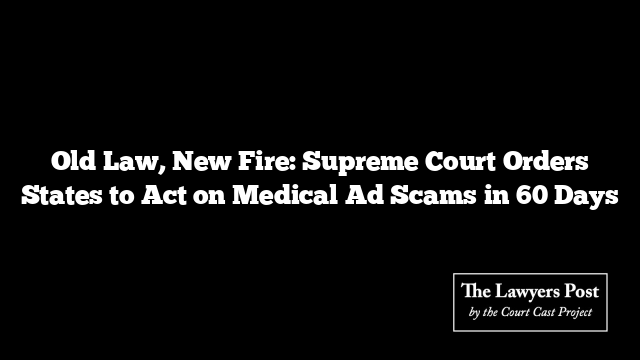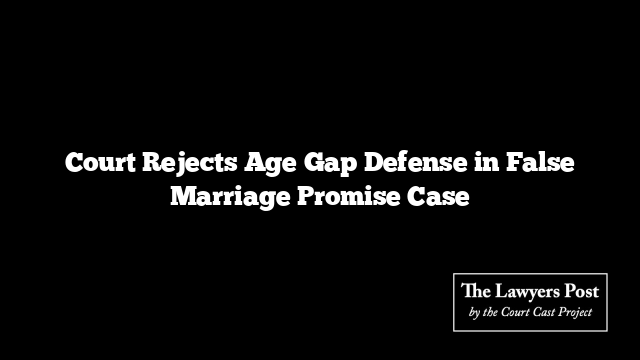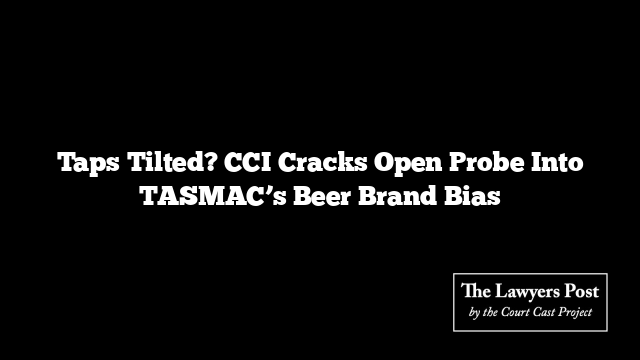More than seven decades after a law was passed to protect people from shady medical claims and miracle cures, the Supreme Court has finally dropped the gavel with urgency. On Wednesday, the Court gave States exactly two months to set up systems where people can report misleading advertisements about health products, fake remedies, and dubious treatments.
The bench, led by Justices Abhay S Oka and Ujjal Bhuyan, wasn’t mincing words. They pointed out that the Drugs and Magic Remedies (Objectionable Advertisements) Act, 1954—a law gathering dust for 74 years—has remained mostly ignored despite its critical public health purpose.
“The Act exists, but the machinery to enforce it doesn’t,” the Court said, effectively giving the States a ticking clock: build a grievance redressal mechanism—complete with toll-free numbers and email options—or be held accountable.
But the orders didn’t stop at setup. The Court made it crystal clear that once a complaint comes in, it shouldn’t disappear into bureaucratic limbo. Instead, it should go straight to the concerned officers, and if any violation is found, they must file a criminal complaint without delay. That means FIRs, police, and prosecution—real consequences.
Legal services authorities have also been tasked with taking this to the streets—educating the public on what the 1954 Act actually means and how to spot deceptive health claims before they lead to serious harm. The Court asked the National Legal Services Authority (NALSA) to lead the charge on this awareness campaign.
Another issue the Court flagged: the shortage of gazetted officers who are legally responsible for implementing the Act. States have now been ordered to fix that within a month. No more excuses.
Meanwhile, a centralized digital dashboard to track complaints across India remains unfinished. The Court gave the Union government until the end of June 2025 to get it up and running—and told every State to be ready to plug into the system.
The hearing originally stemmed from a case filed by the Indian Medical Association (IMA) against Patanjali Ayurved, over a series of misleading ads that mocked modern medicine. Though the Court imposed a temporary ban on those ads and initiated contempt proceedings against Patanjali’s top brass (later dropped after repeated apologies), the issue has since snowballed into something bigger: how to rein in deceptive advertising across the board—from miracle tonics to consumer goods claiming impossible health benefits.
As the Court broadens its lens, this isn’t just about one company. It’s about a system that’s been asleep for too long—and a warning shot that the wake-up call has officially been served.





